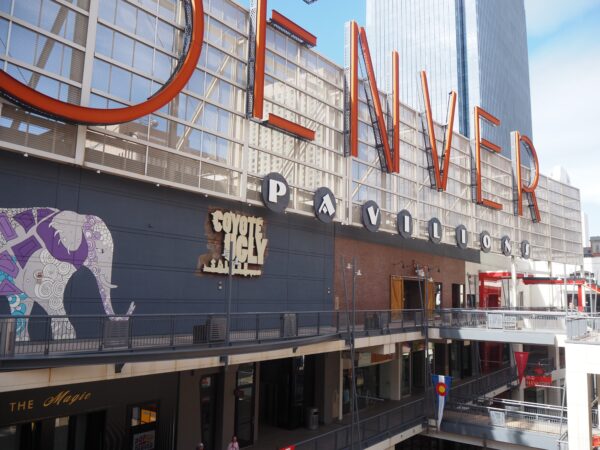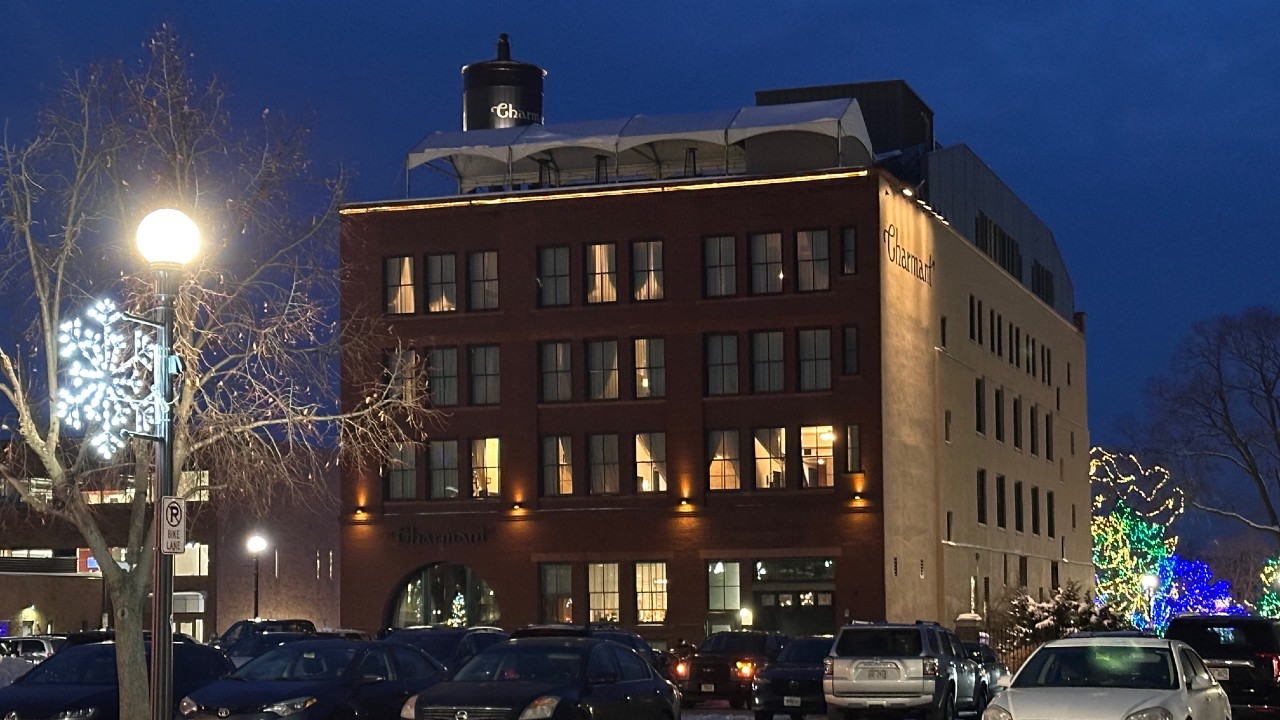T
he Downtown Development Authority (DDA) is buying downtown properties, but the cost extends beyond the purchase price. Each acquisition removes the asset from Denver’s property‑tax rolls, wiping out more than $2 million in annual revenue that has funded schools and city services. The DDA, though independent, is overseen by the city and is exempt from paying property taxes, according to city finance spokeswoman Laura Swartz.
Last fall voters broadened the DDA’s jurisdiction beyond the Union Station area and the Market Station project, and approved $475 million in bonds to revitalize a downtown that suffered high vacancy rates after the pandemic and years of construction on the 16th Street Mall.
The DDA board recently approved a $37 million purchase of the struggling Denver Pavilions mall, owned by Gart Properties. In July, the board also agreed to spend $23 million for two parking lots behind the mall on 15th Street, acquired from Brookfield Properties. Both deals still require City Council approval.
Denver Pavilions carried a property‑tax bill of nearly $1.7 million this year, plus an additional $95 000 in liens and fees. Brookfield’s two parking lots were assessed about $475 000 in property taxes. Roughly two‑thirds of Denver’s property‑tax revenue goes to Denver Public Schools, with the city receiving the remaining third, Swartz explained.
Chief Projects Officer Bill Mosher said the DDA chose to buy the Pavilions rather than let a lender take ownership after Gart defaulted on an $85 million loan. Lenders who acquire properties remain responsible for property taxes; for example, JPMorgan Chase has owned the Denver Energy Center since 2022 and faced a $2.2 million tax bill this year. Chase is slated to sell the complex to a developer this month.













